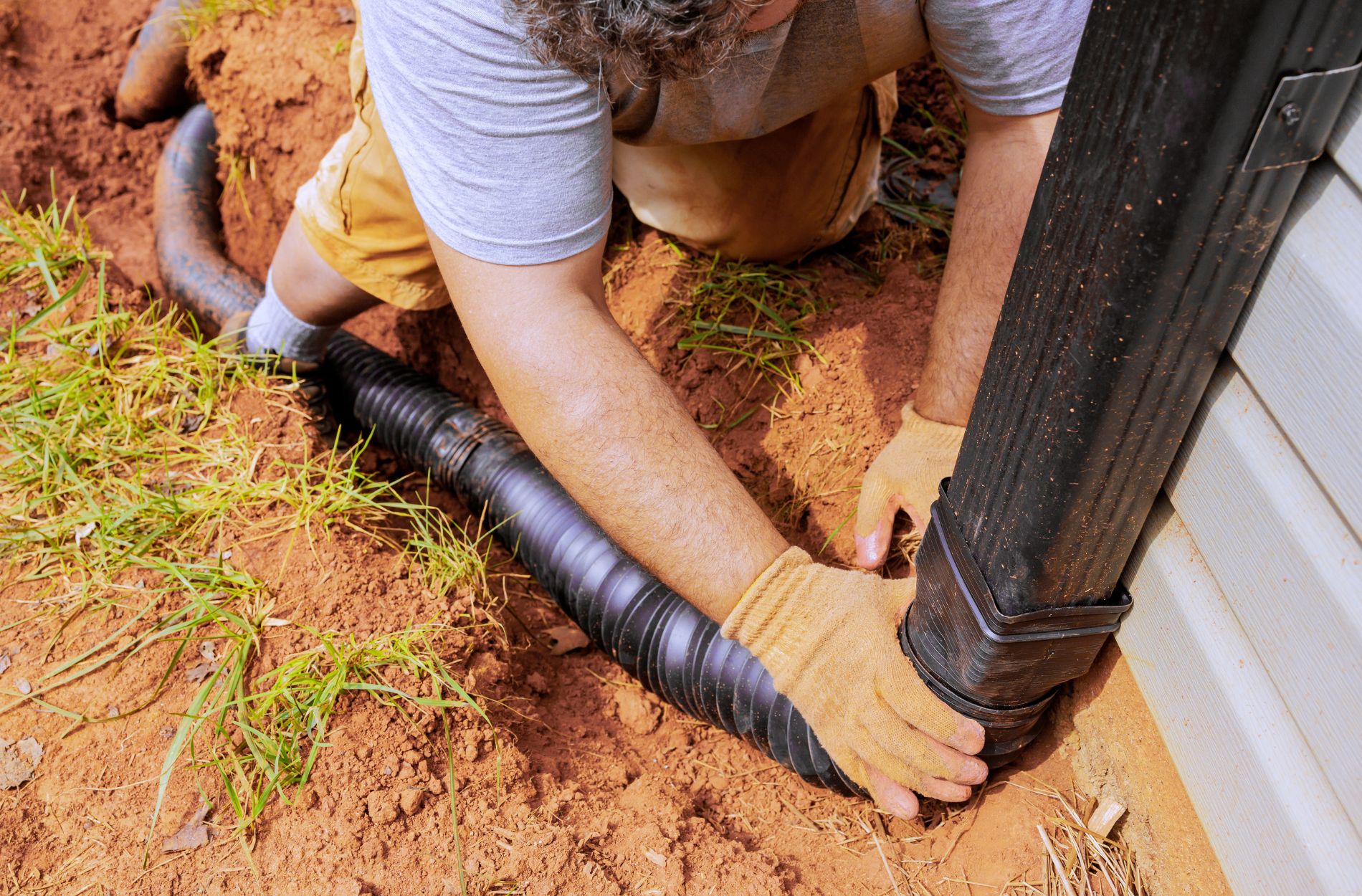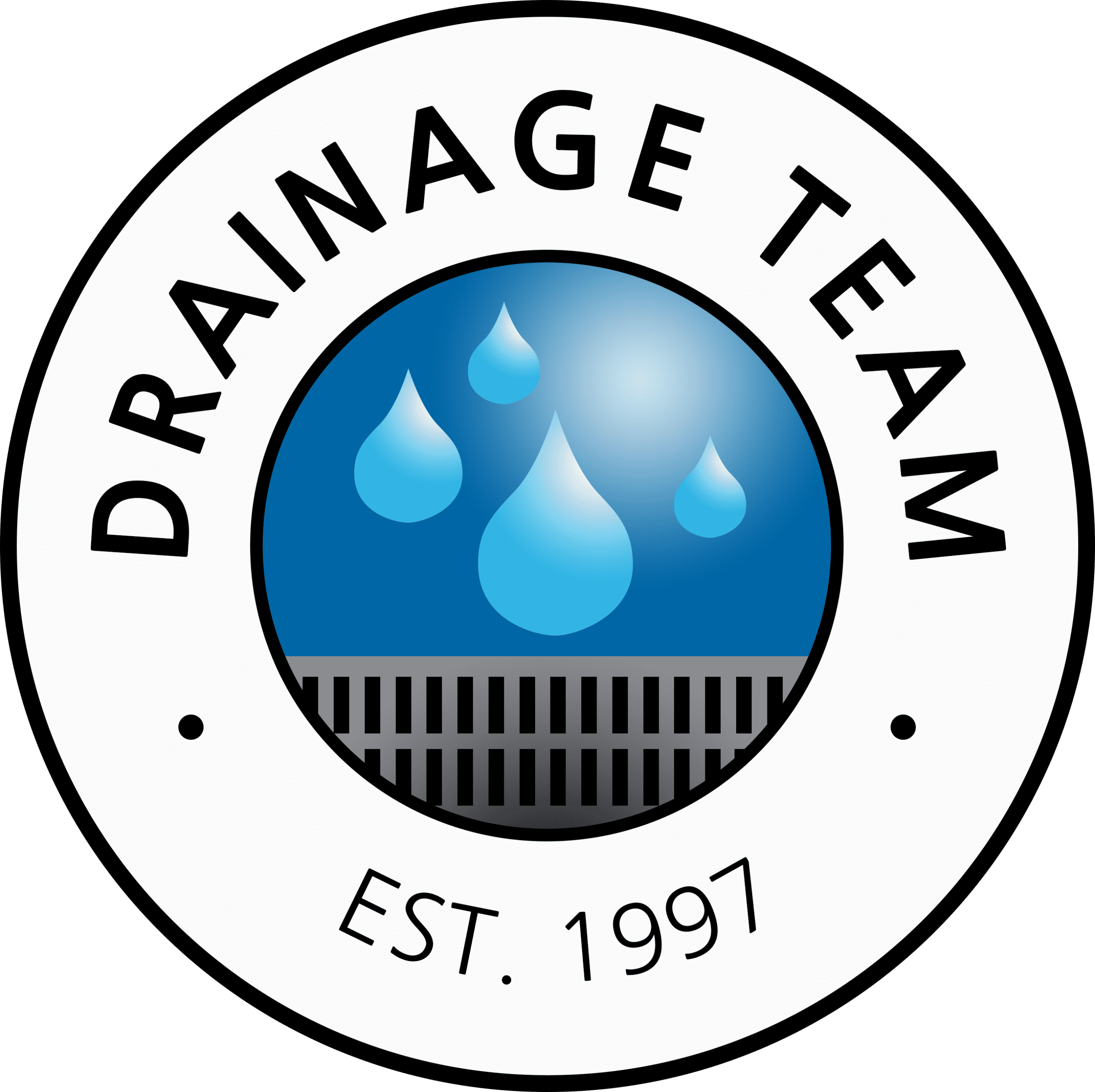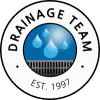A well-maintained drainage system is essential in preserving the integrity of any residential property. Proper drainage directs stormwater away from the home’s foundation, prevents soil erosion, and helps avoid potential structural damage. Inadequate or poorly maintained drainage systems can lead to a multitude of problems, such as waterlogged yards, leaking basements, and damaged landscapes. Not only do these issues lead to expensive repairs, but they also create safety hazards and health concerns for homeowners. Preventing these problems before they arise is crucial for maintaining your property’s value and ensuring the safety of your family.
At Drainage Team, we specialize in drainage, erosion, stormwater basins, and waterproofing solutions for residential, commercial, and governmental properties. As experts in the field, we understand the importance of maintaining your home’s drainage system and have created this guide to help you better understand the steps required to keep your property safe and dry.
In this blog post, we will discuss essential tips for maintaining your residential drainage system, covering various aspects such as routine inspections, cleaning techniques, and preventive measures. We’ll also explore how proper landscaping and maintenance can promote better water management and help prevent drainage issues. By implementing these recommendations, homeowners can extend the lifespan of their drainage systems and protect their property from costly and potentially hazardous problems.
1. Regular Inspection and Cleaning
One of the fundamental steps in maintaining your residential drainage system is conducting regular inspections and cleaning. This practice will help identify any blockages, debris, or defects before they escalate into more significant issues. Follow these tips to keep your drainage system clean and efficient:
– Inspect your gutters and downspouts for debris, such as leaves and twigs, especially after storms. Clean your gutters at least twice a year, typically during the spring and fall seasons.
– Check your drain grates for clogs and consider installing gutter guards to prevent debris from accumulating.
– Monitor your sump pump for any signs of malfunctioning, such as unusual sounds or odors. Ensure the pump is working correctly by performing a test – pour a bucket of water into the sump pit and observe if it pumps out efficiently.
– Inspect your drainage pipes and underground systems for blockages and damages. Use a plumber’s snake or a high-pressure hose to remove any obstructions.
2. Proper Landscaping and Grading
Landscaping and grading play a significant role in maintaining an efficient drainage system. Properly graded land directs water away from your property, preventing potential damage to your foundation, driveway, and landscapes. Implement these strategies to improve your residential drainage system:
– Ensure your yard is graded with a gentle slope of at least 2% (approximately one inch per five feet) away from your home. This setting will encourage rainwater and surface runoff to move away from your foundation, protecting your structure from water damage.
– Avoid planting too close to your home’s foundation, as some plants have roots that can penetrate and damage underground drainpipes. Choose native plants with less invasive root systems and ensure a minimum distance of three feet between plants and your foundation.
– Construct swales, berms, or terraces to help divert rainwater away from problem areas and control soil erosion.
– Install proper edging to separate landscaped areas from your driveway and walkways. This step will prevent water from seeping off your driveway or walkway and into your garden beds, where it could potentially damage your plants and soil.
3. Stormwater Management Solutions
Installing stormwater management solutions, such as rain gardens, permeable pavement, and rain barrels, can help control the flow of stormwater and prevent drainage problems on your residential property. By reducing runoff and filtering pollutants, these solutions contribute to a more efficient drainage system overall.
– Rain gardens are shallow, planted depressions designed to catch, filter, and absorb stormwater runoff from rooftops, driveways, and sidewalks. These gardens can help reduce the amount of runoff entering your drainage system, thus reducing the risk of flooding and erosion.
– Permeable pavement is designed to allow rainwater to pass through the surface and infiltrate into the ground. This surface can be constructed from porous asphalt, pervious concrete, or permeable interlocking pavers, reducing stormwater runoff and associated drainage issues.
– Rain barrels or cisterns are systems that collect and store rainwater from your rooftop for later use in your landscape. These systems reduce the volume of stormwater runoff entering your drainage system and provide a free source of irrigation water for your plants.
4. Preventative Measures and Routine Maintenance
Taking preventative measures and performing routine maintenance tasks will help prolong the lifespan of your residential drainage system and prevent future issues. A proactive approach can save you time, money, and potential hazards associated with drainage problems.
– Seal your foundation walls and basement floor with waterproofing products to prevent water infiltration.
– Insulate your water pipes to protect them from freezing and potential burst damages during cold weather periods.
– Regularly check your property for signs of erosion, pooling water, or soggy soil, and promptly address any identified issues.
– Invest in regular inspections and professional maintenance services to ensure your drainage system remains in optimal condition.
Conclusion
Proper care and maintenance of your residential drainage system are crucial for protecting your property from the damages associated with water infiltration and erosion. By implementing the strategies discussed in this article, you can ensure a long-lasting and efficient drainage system that protects your home and landscape from potential hazards. Remember that regular inspections, proper landscaping, stormwater management solutions, and preventative maintenance are the keys to a healthy and functional drainage system. Don’t hesitate to consult with a professional drainage team should you encounter any issues or require assistance in maintaining your system.
If you’re looking for expert help in maintaining your residential drainage system, contact the Drainage Team today! Our highly trained team specializes in providing customized drainage solutions for your property, ensuring your home remains safe and dry all year round.







